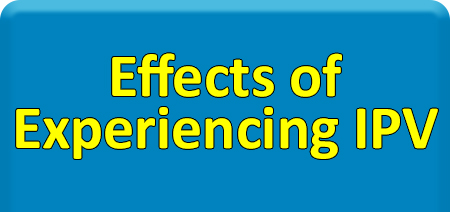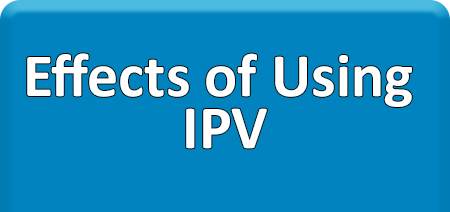VHA Social Work
Intimate Partner Violence Assistance Program (IPVAP) - VETERANS & PARTNERS - What Is IPV?
 |
 |
 |
 |
 |
The physical effects of IPV include both immediate injury and chronic health issues.
Injuries:
Some injuries may leave physical marks. Other injuries may not be obvious but still have lasting effects on physical health, brain functioning, and emotional well-being and can lead to death.
- Bruises and Cuts
- Broken Bones
- Black Eyes
- Traumatic Brain Injury – symptoms can include dizziness, confusion, headache
Chronic Health Issues:
In the general population, people who have experienced IPV are also more likely to report having the following conditions: 2, 3, 4, 5 *
- Asthma
- Bladder and Kidney Infections
- Cardiovascular Disease
- Central Nervous System Disorders
- Chronic Pain Syndromes
- Circulatory Conditions
- Diabetes
- Difficulty Sleeping
- Fibromyalgia
- Gastrointestinal Disorders
- Irritable Bowel Syndromes
- Joint Disease
- Migraines and Headaches
Many of these same health issues are often reported by women Veterans who have experienced IPV. 6*
Are you experiencing these or other health concerns?
For emergency concerns, please call 911 or go to your nearest ER.
For non-emergencies, contact your provider or send a MyHealtheVet Secure Message. You may also call the Nurse Advice Line at 1-877-252-4866.
References
1. Glass, N., Laughon, K., Campbell, J., Wolf Chair, A. D., Block, C. R., Hanson, G., … Taliaferro, E. (2008). Non-fatal strangulation is an important risk factor for homicide of women. The Journal of Emergency Medicine, 35(3), 329–335. http://doi.org/10.1016/j.jemermed.2007.02.065*
2. Black, M. C. (2011). Intimate partner violence and adverse health consequences: implications for clinicians. American Journal of Lifestyle Medicine 5(5):428-439. https://doi.org/10.1177/1559827611410265*
3. Breiding, M. J., Black, M. C., & Ryan, G. W. (2008). Chronic disease and health risk behaviors associated with intimate partner violence—18 U.S. states/territories, 2005. Annals of Epidemiology. 18:538–544. https://doi.org/10.1016/j.annepidem.2008.02.005*
4. Crofford, L. J. Violence, stress, and somatic syndromes. (2007). Trauma Violence Abuse. 8:299–313. https://doi.org/10.1177/1524838007303196*
5. Leserman, J. & Drossman, D.A. Relationship of abuse history to functional gastrointestinal disorders and symptoms. (2007). Trauma Violence Abuse. 8:331–343. https://doi.org/10.1177/1524838007303240*
6. Gerber, M. R., Iverson, K. M., Dichter, M. E., Klap, R., & Latta, R. E. (2014). Women veterans and intimate partner violence: Current state of knowledge and future directions. Journal Of Women's Health, 23(4), 302-310. https://doi.org/10.1089/jwh.2013.4513*
For more information or assistance, contact your local Intimate Partner Violence Assistance Program, Primary Care Social Worker or other Provider. Women Veterans can also ask for the Women Veterans Program Manager.
Not yet a patient at VA? - Apply Now
Find help in the community by calling the National Domestic Violence Hotline at 1−800−799−7233 (SAFE) or TTY 1−800−787−3224.
If you’re experiencing an emotional crisis or having thoughts of suicide, call the Veterans Crisis Line: 1-800-273-8255 and Press 1 or TTY 1-800-799-4889
* Links with an asterisk (*) next to them will take you outside the VA website. VA is not responsible for the content of the linked site. This link does not constitute endorsement of the non-VA website or its sponsor.























